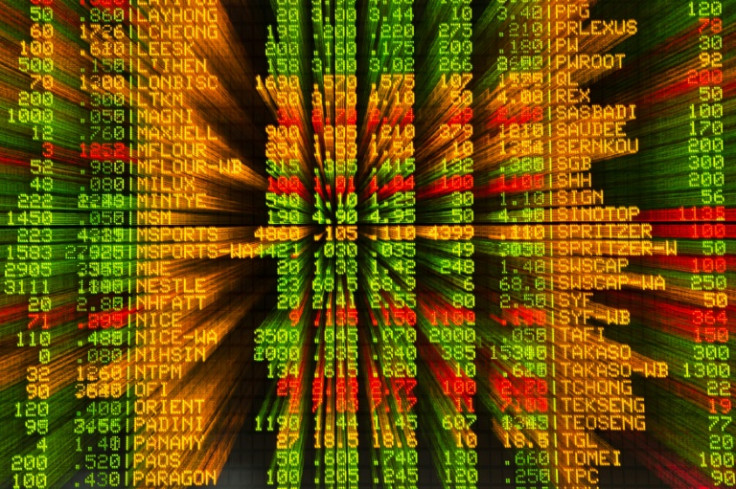
Asian markets were mostly muted Tuesday after record-setting gains last week, with traders eyeing the release of US economic data this week that could offer a better sense of when the Federal Reserve may start cutting rates.
Last week's rallies -- including an all-time record close for Tokyo's benchmark index -- were fuelled by solid earnings from US chip titan Nvidia, a bellwether for artificial intelligence.
But US markets fell on Monday, and Asian equities started this week with a "more cautious demeanour", Stephen Innes, managing partner of SPI Asset Management, said in a note.
"This subdued tone suggests a moderation in investor sentiment following the recent tech-driven buying spree," he said.
Investors were looking ahead to the Federal Reserve's preferred measure of inflation, the US Personal Consumption Expenditure (PCE) price index due Thursday, as well as comments from several Fed officials on Wednesday and Friday, which Innes said could supply insights into the central bank's rate cut outlook.
Expectations for when the Fed may start lowering rates have gradually shifted to the second half of the year, as inflation data has come in hot and policymakers indicate they need to see more signs that it is moving towards their 2.0 percent target.
"Economic data will return to centre stage," Chris Larkin at E*Trade from Morgan Stanley told Bloomberg.
"After hotter-than-expected (consumer price index) and (producer price index) readings earlier this month, more people may be looking to the PCE for insight into the reinflation threat -- and how it may influence the Fed's timing of rate cuts."
In Asia, Tokyo inched up Tuesday, helped by a cheaper yen and purchases aided by rallies in US chip-linked shares, but profit-taking capped the upward movement, IwaiCosmo Securities said.
Steelmakers and banks were among the winners in Tokyo while chip-tied shares fell after recent gains, IwaiCosmo added.
New government data showed Tuesday that Japanese consumer inflation slowed for the third straight month to 2.0 percent in January.
The better-than-expected reading has stoked speculation that the Bank of Japan might raise interest rates "as early as next month, although April remains the favoured timeline", Innes said.
"The prevailing theory suggests that the BOJ might find it easier to proceed with policy normalisation, with inflation surpassing the target."
Unlike other major central banks that have raised interest rates in an effort to bring down inflation, the BoJ has stuck to its ultra-loose policy, putting pressure on the yen.
Shanghai stocks ended higher on tech gains, while Hong Kong and Sydney were also up.
Seoul, Taipei, Singapore, Jakarta, Bangkok, Manila and Wellington were all down.
Following the PCE figures, investors will turn their focus to Chinese manufacturing numbers due Friday.
Tokyo - Nikkei 225: UP 0.01 percent at 39,239.52 (close)
Hong Kong - Hang Seng Index: UP 0.2 percent at 16,661.56
Shanghai - Composite: UP 1.3 percent at 3,015.48 (close)
Euro/dollar: UP at $1.0856 from $1.0853 on Monday
Dollar/yen: DOWN at 150.46 yen from 150.70 yen
Pound/dollar: UP at $1.2685 from $1.2684
Euro/pound: UP at 85.58 pence from 85.54 pence
Brent North Sea Crude: UP 0.2 percent at $82.71 per barrel
West Texas Intermediate: UP 0.2 percent at $77.75 per barrel
New York - Dow: DOWN 0.2 percent at 39,069.23 points (close)
London - FTSE 100: DOWN 0.3 percent at 7,684.30 (close)




